Along with macronutrients like carbohydrates, proteins, and fats, the human body requires micronutrients like vitamins and minerals to function at optimal levels. Vitamin B12 is one such micronutrient that is essential for several bodily functions.
What you need to know:
What is Vitamin B12?
Vitamin B12, also known as cobalamin, is a water-soluble vitamin part of the B-Complex. On average, adults require about 2.4 micrograms of vitamin B12 daily. Pregnant and breastfeeding women need about 2.6 – 2.8 micrograms daily.
The Importance of Vitamin B12
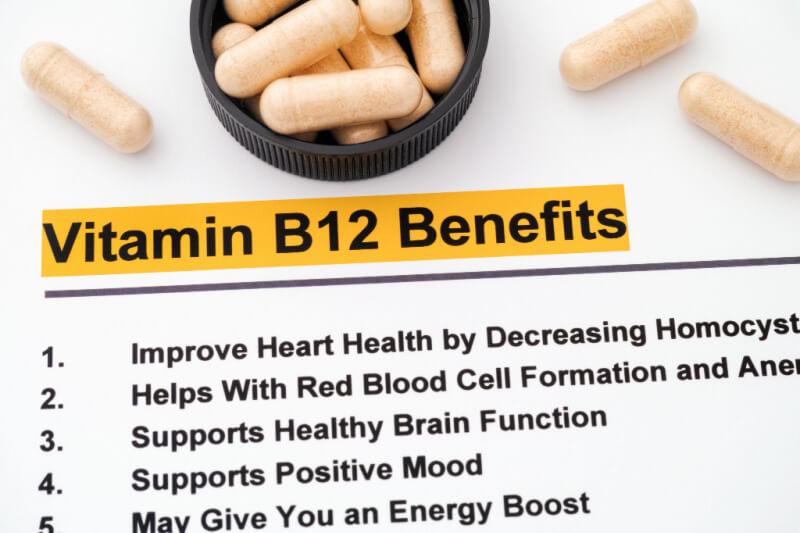
The three main benefits of vitamin B12 are:
- DNA synthesis: DNA contains the genetic code that makes us human. The entire functioning of the body depends on DNA. Vitamin B12 plays an important role in the generation of new DNA, which is important during fetal development. This is why expectant mothers are given vitamin B12 as part of their antenatal vitamins. Throughout our life, vitamin B12 is also required to maintain the structure of DNA. As healthy DNA can delay the onset of aging, vitamin B12 benefits can include retaining youth and vitality.
- RBC synthesis: RBCs or red blood cells carry oxygen from the lungs to the rest of the body. This oxygen is used to burn carbohydrates and generate energy to perform every bodily function. The functions of vitamin B12 include the production of healthy RBCs. Vitamin B12 deficiency could lead to a condition called anemia, wherein the RBCs cannot carry sufficient oxygen. This can leave you feeling tired and unwell.
- Nerve tissue synthesis: The importance of vitamin B12 extends to the nervous system as well. Nerve cells contain a long filament called an axon that connects to other nerve cells or muscles. These axons are similar to electrical wires and carry electrical impulses. To prevent cross-connections, axons are insulated with a myelin sheath layer. Without vitamin B12, the body cannot produce myelin which could, in turn, lead to a whole lot of neurological disorders.
Sources of Vitamin B12
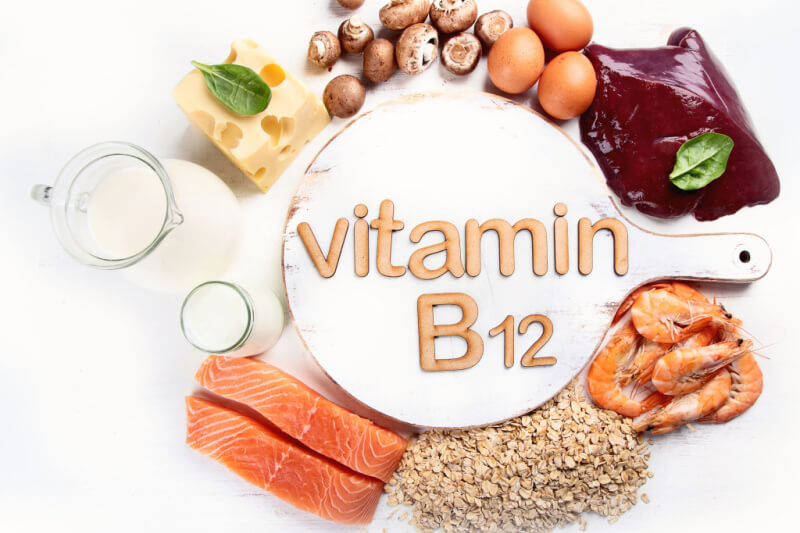
Vitamin B12 benefits are highly important for the body. However, the body cannot make vitamin B12, so we need to get it from external sources of vitamin B12-rich foods.
Some good sources of vitamin B12 foods include:
- Fruits like apples, oranges, blueberries, and bananas
- Examples of vitamin b12 vegetables include mushrooms, alpha, beetroot, and potatoes
Seafood - Poultry
- Eggs
- Milk and dairy products
- Fortified breakfast cereal
- Nutritional yeast
The importance of vitamin B12 has to be taken seriously to ensure that everyone gets their daily requirement. However, good health depends on a well-balanced diet that contains all essential nutrients. A daily fitness routine can also go a long way in keeping our minds and body healthy.
Stay active in the Activ Living Community to find more details on mindfulness and fitness.
Popular Searches
Natural Beta blockers | How to cure depression | Summer activities for kids | High bp symptoms | HIIT workout | How to increase platelet count | Dash diet | Systolic and diastolic blood pressure | High blood sugar symptoms | Tabata workout | Push ups for beginners | Benefits of zumba | How to prevent breast cancer | Homeopathic medicine for asthma | Fruits to avoid in pcos | Neck pain relief exercises |Yoga for heart | Healthy soup recipes | Anti aging foods | Vitamin rich foods





 1800-270-7000
1800-270-7000


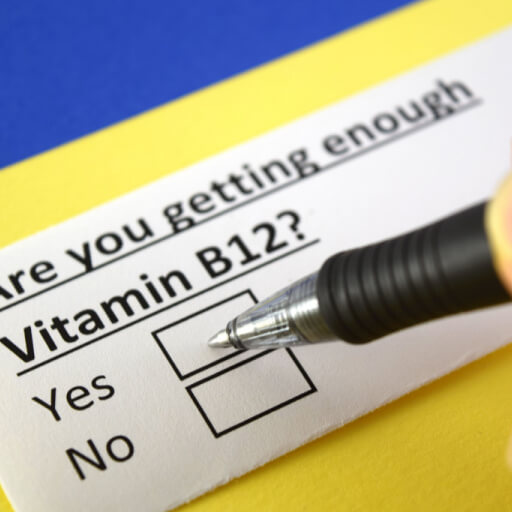
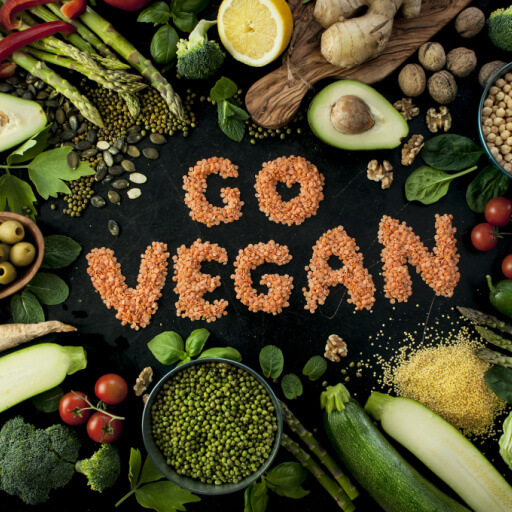


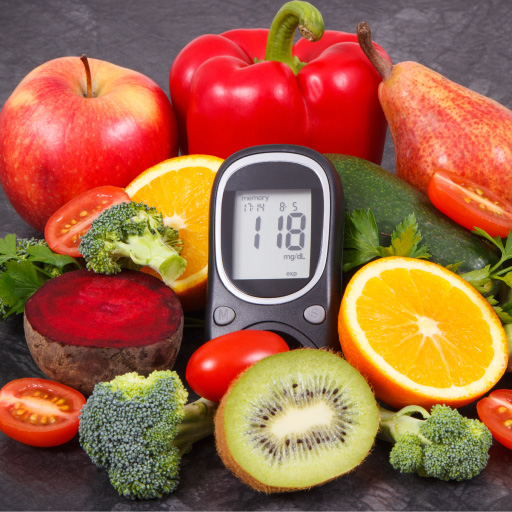





Excellent information.
Thanks.
Thanks for sharing valuable information with us. I liked your List of Vitamin B12 Rich Dry Fruits